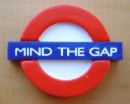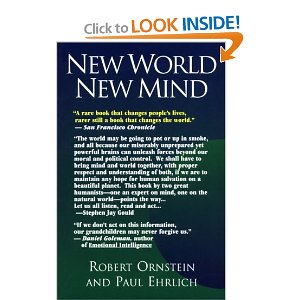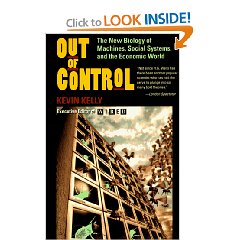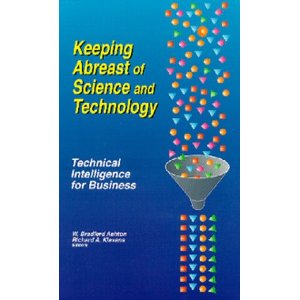 People are the new super power–local resilience, global community,
People are the new super power–local resilience, global community,
January 28, 2007
David C Korten
I have mixed feelings about this book. It is unquestionably a five-star work of reflection, integration, and focused moral intent. On the other hand, while it introduced a broad “earth-friendly” literature that I was *not* familiar with, it does not “see” a much broader literature that I have absorbed, and so I want to do two things with this review: feature the highlights from this book, and list a number of other works that support and expand on the author's reflections for the greater good of us all.
Early highlights include the continued relevance of Dennis Kucinich and the emerging value of the Case Foundation and Revolution Health as funded by Steve Case, founder of AOL. The author posits early on the choice we have been a great unraveling and a great turning. He describes all our institutions as failing at the same time that we have unlimited potential. He concludes, as have many others, that centralized authority is not working, and suggests that we must confront that which does not work and devise new constructive alternatives (“for every no there must be a yes”).
In the middle of the book he describes the five levels of consciousness as magical, imperial, socialized, cultural, and spirirtual. I would have put socialized ahead of imperial, since the industrial era used schools to socialize us into both factory workers and conscripts for the armed forces. He concludes this section with a commentary on moral autism, which of course reminds us of nakedly amoral Dick Cheney.
The author moves toward a conclusion by pointing out that people are the new super-power, with the Internet and its many new features as the foundation for bringing people together and making people power effective.
A large portion of the middle section is a historical review of America, with its genocidal, slavery, and unilateral militant interventionist nature, and its extreme inequality now, which the literature on revolution clearly identifies (the latter, concentration of wealth) as a precurser to almost inevitable violent revolution).
The book ends with four strategic elements:
1) Awakening of cultural and spiritual consciousness
2) Resistance of the imperial empire's assault on children, families, communities, and nature
3) Form and connect communities of convergence
4) Build a majoritarian political base.
In parting notes he points out that the status of our children is the key indicator of our future, and that today one out of every two children is born into and lives into poverty (one reason why the High Level Threat Panel put poverty above infectuous disease and environmental degradation).
He ends by calling for local living economies at a human scale.
If you have the time to only read one book within the broad literatures of imagination, corporateism, and constructive prospects for the planet, this is probably that book. Below I want to a list quite a few that support this author's thesis, and for which I have provided a summative as well as an evaluative review within these Amazon pages:
The Corporation
WALMART-HIGH COST OF LOW PRICE (DVD/FF/FR-SP-SUB)
Confessions of an Economic Hit Man
Rogue Nation: American Unilateralism and the Failure of Good Intentions
Rule by Secrecy: The Hidden History That Connects the Trilateral Commission, the Freemasons, and the Great Pyramids
Rule by Secrecy: The Hidden History That Connects the Trilateral Commission, the Freemasons, and the Great Pyramids
The Sorrows of Empire: Militarism, Secrecy, and the End of the Republic (The American Empire Project)
War Is a Racket: The Anti-War Classic by America's Most Decorated General, Two Other Anti=Interventionist Tracts, and Photographs from the Horror of It
The One Percent Doctrine: Deep Inside America's Pursuit of Its Enemies Since 9/11
Vice: Dick Cheney and the Hijacking of the American Presidency
See also:
Fog Facts: Searching for Truth in the Land of Spin
Lost History: Contras, Cocaine, the Press & ‘Project Truth'
“The Landscape of History: How Historians Map the Past”
Imagine: What America Could Be in the 21st Century
The Cultural Creatives: How 50 Million People Are Changing the World
The Tao of Democracy: Using Co-Intelligence to Create a World That Works for All
The Change Handbook: The Definitive Resource on Today's Best Methods for Engaging Whole Systems
Deep Economy
There are many more should you wish to explore via my categorized lists, but the above both lend great credence to the author of this single book, and expand considerably on the reflections that he has distilled into this one book.
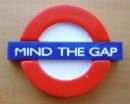 Click Here to Vote on Review at Amazon,
Click Here to Vote on Review at Amazon,
on Cover Above to Buy or Read Other Reviews,
I Respond to Comments Here or There
 Book End for Zero Waste, Brilliant Introduction, September 23, 2008
Book End for Zero Waste, Brilliant Introduction, September 23, 2008




